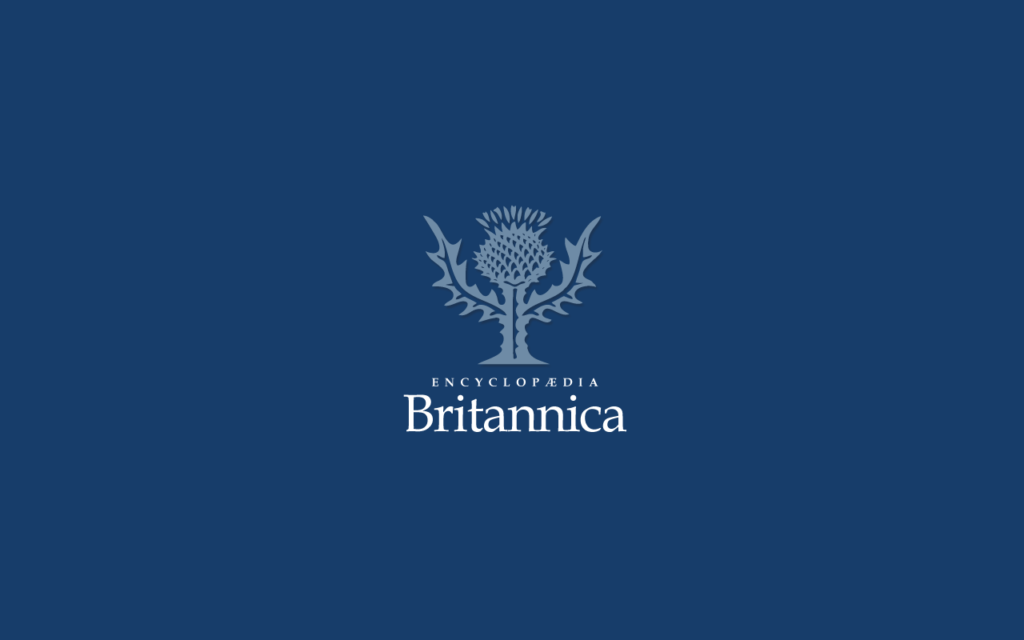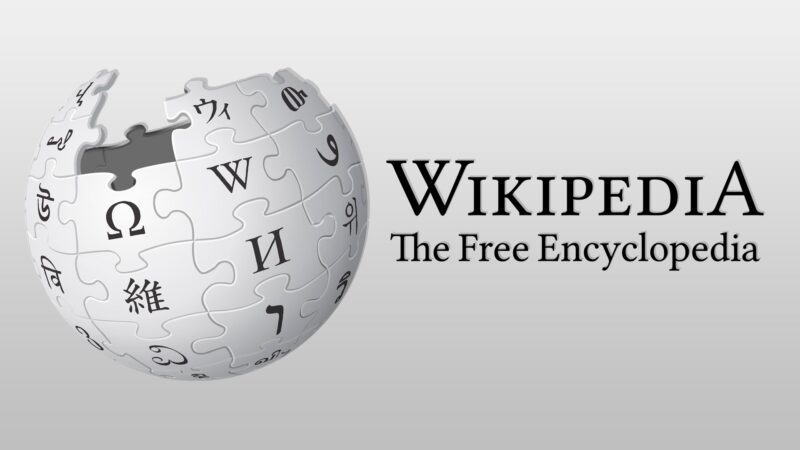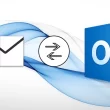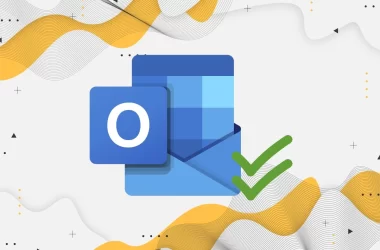In today’s digital era, the pursuit of knowledge is easily satisfied with just a few clicks. For years, Wikipedia has been the go-to source for a vast array of topics, offering a comprehensive repository of information. However, the evolving demands of users have given rise to a landscape of Wikipedia alternatives that cater to various preferences and requirements. In this comprehensive guide, we embark on a journey to explore these alternatives, shedding light on their unique features, inherent limitations, and what sets them apart. Let’s dive deep into the world of Wikipedia alternatives and discover the gems that await us.
Wikipedia: Features, Limitations, and the Imperative for Alternatives

1. Features that Define Wikipedia
Wikipedia, often touted as the “encyclopedia that anyone can edit,” stands as a testament to the power of collective knowledge. With its open editing model, Wikipedia allows individuals from around the globe to contribute and share their expertise on an extensive array of subjects. This collaborative nature has given rise to a vast and diverse collection of articles, available in multiple languages, making it one of the largest repositories of information on the internet.
2. Limitations of Wikipedia
However, with great openness comes great responsibility, and Wikipedia is not without its share of limitations. The collaborative model, while democratizing information, leaves room for inaccuracies, biased content, and even instances of deliberate vandalism. The absence of a stringent editorial review process means that users must exercise a discerning eye and cross-reference information from other reliable sources. Furthermore, not all topics receive equal attention, potentially leading to gaps in specialized or niche subjects.
3. The Imperative for Wikipedia Alternatives
As the shortcomings of Wikipedia become more pronounced, users increasingly seek alternatives that offer reliability, accuracy, and expertise. The need for credible sources that present diverse perspectives on subjects and uphold a higher standard of accuracy is becoming more evident. The quest for a broader, more balanced information landscape has given rise to an array of platforms aiming to be worthy of Wikipedia alternatives.
What Sets Wikipedia Alternatives Apart

1. Unleashing the Power of Choice: Exploring Multiple Perspectives
Freedom to Explore Diverse Perspectives: Unlike Wikipedia, where a single collaborative model dominates, alternative platforms offer a cornucopia of perspectives on a single topic. This diversity of thought not only enriches the learning experience but also enables users to cultivate a more comprehensive understanding of complex subjects. From contrasting viewpoints on historical events to nuanced interpretations of scientific theories, these alternatives provide a panoramic view of knowledge.
2. Niche Expertise and Rigorous Review: Delving Deeper
Specialized Platforms for Deeper Knowledge: While Wikipedia aims to cover a wide spectrum of subjects, alternative platforms often opt for depth over breadth. Scholarly platforms like Scholarpedia cater to academics, providing articles authored by experts and subjected to rigorous peer review. This approach ensures that the content is not only accurate but also showcases a level of detail that might be missing in more general sources.
3. Enhanced Editorial Oversight: Elevating Credibility
Stringent Editorial Processes: One of the distinguishing features of Wikipedia alternatives is the heightened emphasis on editorial oversight. Platforms like Encyclopedia Britannica set the gold standard by subjecting articles to meticulous review by subject matter experts. This rigorous approach not only enhances the credibility of the content but also assures users that they are accessing information held to a higher standard of accuracy.
Commonly Used Wikipedia Alternatives For Various Needs

1. Encyclopedia Britannica: A Trusted Legacy
For those seeking unwavering reliability, Encyclopedia Britannica remains a stalwart choice. Rooted in tradition and upheld by a legacy of academic excellence, this alternative offers a treasure trove of well-curated articles. Written by experts in their respective fields, each entry undergoes a stringent editorial review process. As a result, users can navigate its vast database with confidence, knowing that they are accessing accurate and verified information.
2. Scholarpedia: Where Scholars Collaborate
Scholarpedia stands at the intersection of scholarship and collaborative knowledge creation. Unlike traditional wikis, where editing is open to all, Scholarpedia’s content is a product of the collaborative efforts of scholars and experts. Every article is subjected to a thorough peer review, ensuring that the information presented is not only accurate but also reflects the latest advancements in the field. For users with a thirst for authoritative insights, Scholarpedia offers a wellspring of expert-backed information.
3. Exploring Diverse Viewpoints on RationalWiki
RationalWiki embraces a distinctive role in the realm of Wikipedia alternatives. This platform focuses its spotlight on skepticism and rational analysis, critically dissecting pseudoscience, conspiracy theories, and controversial subjects. With a dash of wit and a healthy dose of critical thinking, RationalWiki aims to enlighten users about the pitfalls of misinformation. By navigating its articles, users are equipped with the tools to discern fact from fiction in an increasingly complex digital landscape.
4. In-Depth Insights on New World Encyclopedia
For those with an affinity for cultural diversity and a global perspective, the New World Encyclopedia offers a refreshing departure from mainstream sources. This alternative seeks to bridge gaps in cultural understanding by integrating insights from various traditions and societies. From history to spirituality, the New World Encyclopedia strives to create a tapestry of knowledge that reflects the rich mosaic of human experiences across the world.
5. User-Generated Knowledge on Everipedia
Everipedia takes an innovative approach to knowledge dissemination by leveraging blockchain technology. Unlike conventional wikis, where contributions might go unnoticed, Everipedia incentivizes users to contribute by rewarding them with cryptocurrency tokens. This decentralized model encourages a dynamic exchange of information, making Everipedia an evolving repository of user-generated knowledge.
6. Navigating Political Terrain with Ballotpedia
While not a conventional encyclopedia, Ballotpedia serves as a vital resource for those interested in the political landscape. Focusing on election-related information, candidates, and government processes, Ballotpedia provides a comprehensive understanding of the democratic process. Its user-friendly interface empowers citizens to engage actively in civic life by making informed decisions during elections.
7. Alternative Outlooks on Conservapedia
Conservapedia positions itself as an alternative with a conservative perspective on various subjects. With a critical stance on what it perceives as liberal bias in mainstream sources, Conservapedia offers a unique viewpoint for users seeking a different narrative. However, users should exercise discernment, as the content might reflect a specific ideological slant.
8. Aiming for Neutrality with Infogalactic
Infogalactic emerges as a platform that prioritizes neutrality and transparency. Unlike other alternatives, Infogalactic aims to create an environment where users can explore a diverse range of perspectives without fear of censorship. This commitment to fostering open discourse sets Infogalactic apart as a unique choice for those who value a multiplicity of opinions.
9. Citizendium: Where Expertise Matters
Created by one of Wikipedia’s co-founders, Citizendium takes a hybrid approach, combining the collaborative spirit of wikis with a commitment to expertise. Authors on Citizendium are required to use their real names, promoting a sense of accountability and credibility. The platform’s editorial process combines contributions from subject experts, ensuring that each article maintains a high standard of accuracy.
10. Scholarly Journals: A Well of Academic Depth
In the realm of academia, scholarly journals hold an esteemed position. While not direct alternatives to Wikipedia, these journals provide a deep well of peer-reviewed research across various fields. Platforms like JSTOR, PubMed, and IEEE Xplore offer a wealth of scholarly articles, making them indispensable resources for those seeking comprehensive insights and authoritative references.
Factors to Consider While Choosing the Perfect Wikipedia Alternative

1. Content Reliability and Depth:
When selecting a Wikipedia alternative, prioritize platforms with stringent editorial processes and expert-contributed content. Reliable sources are crucial to ensuring that the information you access is both accurate and insightful.
2. Niche Relevance:
Tailor your choice to your specific interests. Platforms that specialize in your desired subject matter offer a deeper exploration of topics that matter most to you.
3. Diverse Viewpoints:
Embrace platforms that provide diverse viewpoints on subjects. Exposure to a range of perspectives cultivates critical thinking and encourages a more holistic understanding of complex issues.
4. User-Friendly Interface:
Opt for alternatives with an intuitive and user-friendly interface. Easy navigation enhances your experience and allows you to access information smoothly.
5. Editorial Transparency:
Choose platforms that uphold editorial transparency and provide clear guidelines on content review. This transparency fosters trust and confidence in the accuracy of the information presented.
In Conclusion
As our thirst for knowledge evolves, the search for reliable and comprehensive sources continues. The realm of Wikipedia alternatives offers an array of choices, each catering to different needs and preferences. Whether you’re a scholar seeking specialized expertise or a curious individual seeking diverse viewpoints, these alternatives stand ready to satiate your intellectual appetite. By embracing the variety of platforms available, you embark on a journey of exploration that enriches your understanding of the world in all its complexity.









